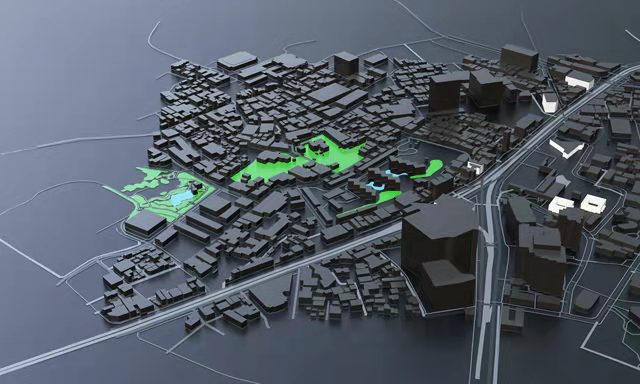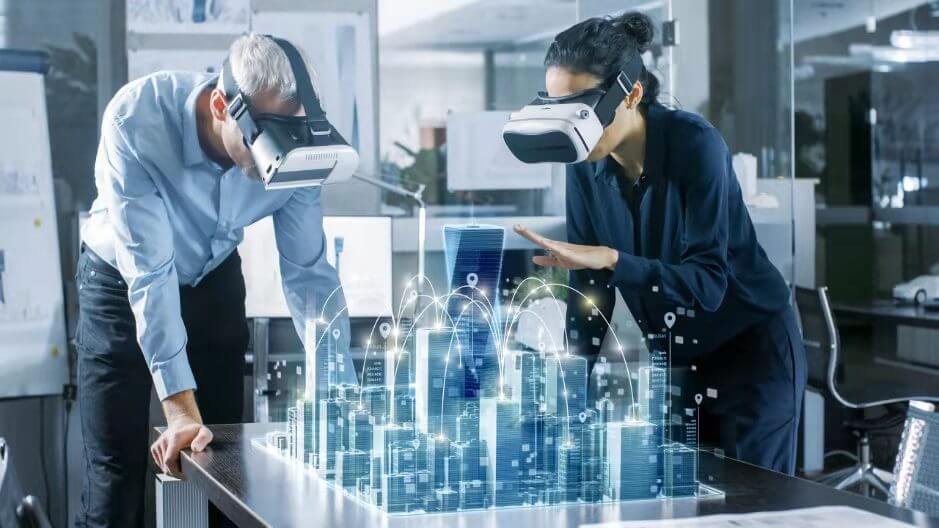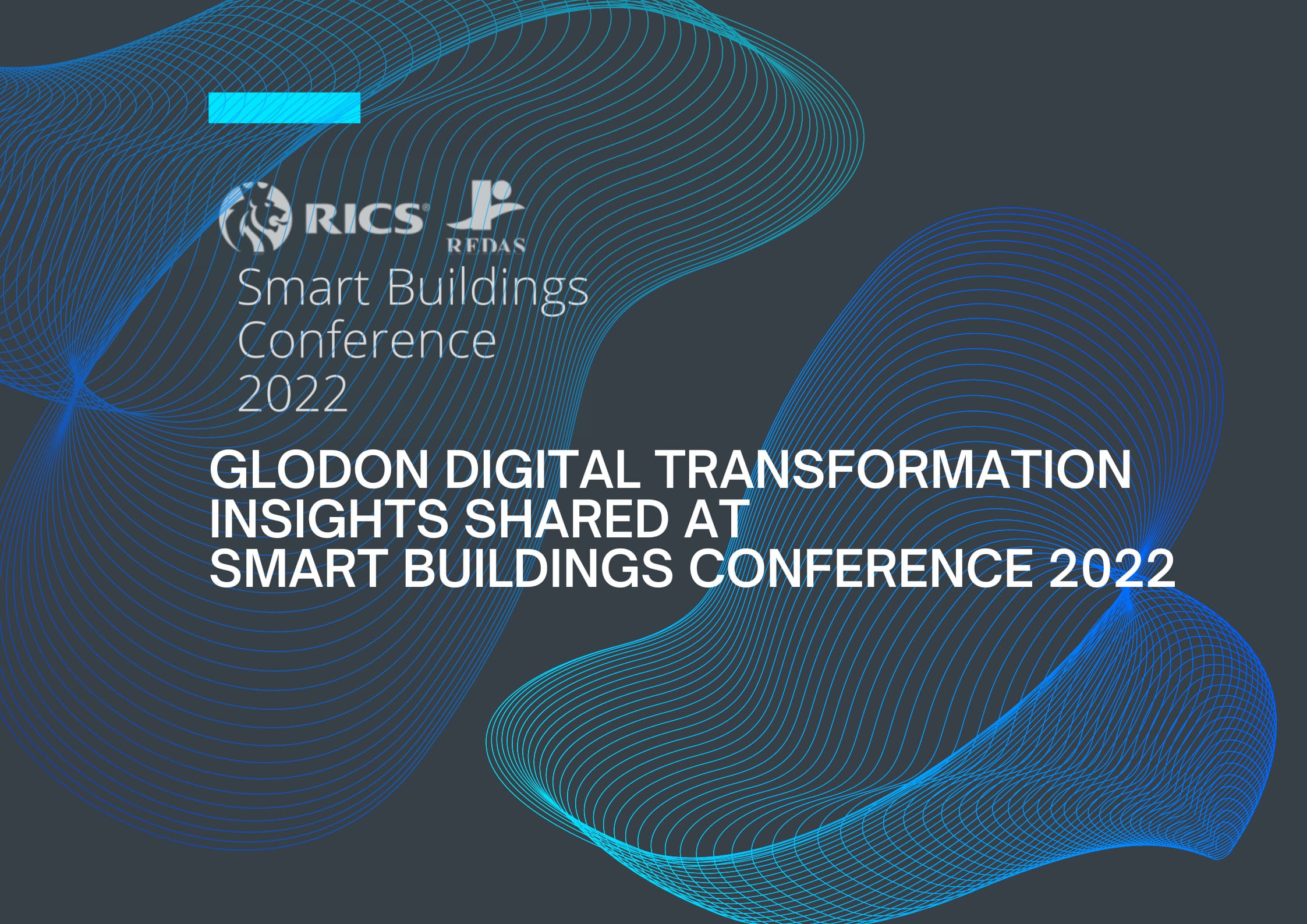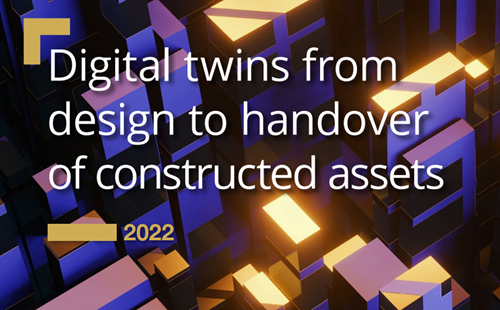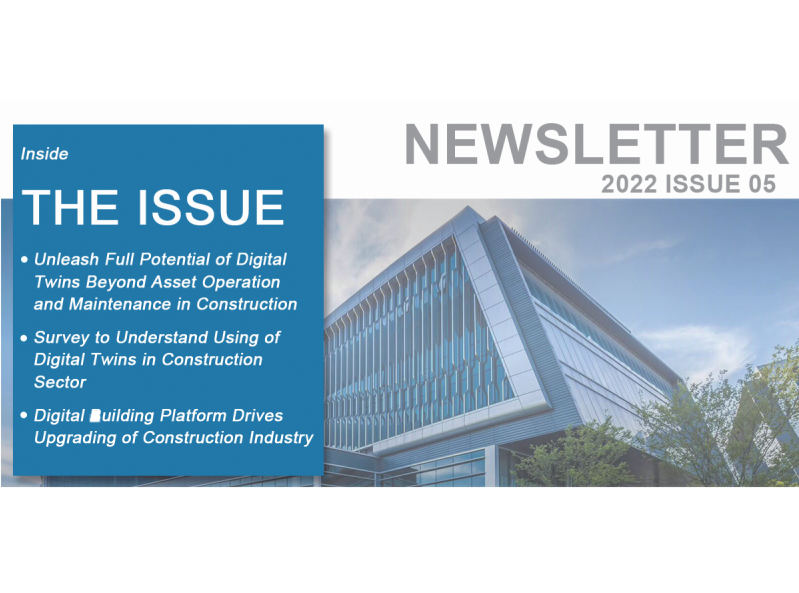Sep 21.2023
AI's Transformative Power on Sustainable Construction Practices Across the Building Lifecycle
In today's rapidly evolving world, where the demand for sustainability is more urgent than ever, the construction industry is undergoing a significant and diverse transformation. Beyond physical structures, buildings are now becoming intelligent, eco-conscious, energy-efficient, and economically viable entities that adapt to their surroundings throughout their lives. This transformative journey towards sustainability is propelled by Artificial Intelligence's groundbreaking power (AI), revolutionising our approaches in every stage of the building lifecycle, including initial design, accurate cost estimation, construction processes, and ongoing operational management.

Designing for Sustainable Harmony: Harnessing the Power of AI
Creating a sustainable building starts with a well-informed design integrating environmental considerations seamlessly. AI has emerged as a crucial tool in this phase, revolutionising the process using AI-enhanced Building Information Modeling (BIM) systems. These systems enable architects and engineers to collaboratively create highly detailed 3D models, allowing for precise evaluation and optimisation of designs. This optimisation leads to efficient resource utilisation, minimised waste, and a reduced environmental impact. Moreover, AI enables complex simulations to determine the optimum orientation for natural light, adequate insulation, and strategic window placements, all aimed at harnessing and conserving natural resources.
Sustainable materials are also a vital element in green building practices. AI analyses vast databases to identify eco-friendly materials based on factors such as durability, environmental impact, and cost. Rather than offering simple recommendations, AI provides in-depth analysis to guide decision-making towards materials that align with long-term sustainability goals.
Achieving Precision in Cost Estimation: Unleashing AI's Data-driven Capabilities
Accurate cost estimation plays a pivotal role in aligning sustainability goals with budgetary constraints in construction. This is where the transformative power of AI comes into play, leveraging its data-driven capabilities to draw insights from historical cost data and project specifications. By doing so, AI can predict project costs with unparalleled accuracy, enabling stakeholders to plan budgets effectively and significantly reducing the risk of cost overruns. Furthermore, AI evaluates the lifecycle costs of design and material choices, empowering decision-makers to select options that minimise operational costs throughout the building's lifespan.
Cost overruns have long been a challenge in the construction industry, often leading to financial strain and compromising project viability. However, AI addresses this issue head-on by employing predictive analytics to anticipate and mitigate potential cost overruns. AI can identify early warning signs indicating a potential financial deviation by analysing various project parameters, such as size, complexity, and historical data. Armed with this foresight, project managers and stakeholders can take proactive measures to address these issues before they escalate, ensuring projects stay on track financially.
Optimising Building Operation with AI: A Sustainable Approach
Construction sustainability is achieved at the design and construction phases and during the operational phase of a building's lifespan. AI plays a significant role in optimising building operations to minimise environmental impact while maximising cost savings.
AI-driven management systems continually monitor energy consumption and make real-time adjustments to heating, cooling, and lighting to ensure optimal energy efficiency and cost savings. Predictive analytics analyse historical data to anticipate equipment and system failures, enabling proactive maintenance and minimising downtime and energy waste. Occupant comfort is also prioritised through responsive indoor environments that adjust temperature, lighting, and ventilation in real time based on occupancy and environmental conditions.
Moreover, AI enhances the overall lifecycle of a building by anticipating maintenance needs. The early detection of equipment and system malfunctions means timely repairs and replacements, upholding sustainability standards and extending operational lifespan.
Glodon's Construction Industry AI Platform offers a range of AI services and products that cover various stages of the construction lifecycle to support the construction industry's sustainable goals. This state-of-the-art platform employs machine learning, computer vision, natural language processing, and large language models to provide algorithm services, model services, and product services related to AI. Industry professionals can access intelligent question answering, industry standards analysis, best practice recommendations, project management advice, safety risk assessment, and project management decision support through Glodon's domain-specific large model, AecGPT.
AI's transformative power in optimising building operations is a critical step to achieving sustainability in construction. With AI as a guide, the industry can minimise its carbon footprint while maximising savings, contributing to a more eco-conscious world.


